The Joint Admissions and Matriculation Board (JAMB) novel, The Lekki Headmaster, is an essential literary text for 2025 UTME candidates. This thought-provoking novel explores themes such as educational reform, leadership, societal development, and resilience, making it an engaging and enlightening read for students preparing for their examination.
This compilation of 40 possible questions provides a comprehensive guide to understanding the key elements of the novel, including its plot, characters, themes, symbolism, and major events. Each question is carefully crafted to enhance the reader’s comprehension and critical thinking skills, ensuring they grasp the novel’s core message and significant details.
1. What is the primary setting of “The Lekki Headmaster”?
2. Who is the protagonist of the novel?
3. What is Mr. Bepo’s profession?
4. What is the main challenge Mr. Bepo faces in the story?
5. Which theme is prominently explored in the novel?
6. How does Mr. Bepo attempt to improve the school?
7. What is the community’s initial reaction to Mr. Bepo’s reforms?
8. Who is Mr. Alabi in the story?
9. What role does Mr. Alabi play in the narrative?
10. How does Mr. Bepo handle the opposition he faces?
11. What is the significance of the title “The Lekki Headmaster”?
12. Which character represents traditional educational methods?
13. What is the community’s attitude towards education at the beginning of the novel?
14. How does Mr. Bepo’s leadership style differ from traditional methods?
15. What is the climax of the novel?
16. What does Mr. Bepo’s character symbolize?
17. How does the novel address societal issues?
18. What is the resolution of the conflict in the story?
19. Which character serves as a mentor to Mr. Bepo?
20. What role does Mrs. Adebayo play in the novel?
21. How does the novel portray the relationship between teachers and students?
22. What is the significance of the school’s location in Lekki?
23. How does Mr. Bepo demonstrate resilience in the face of opposition?
24. What does the character of Mr. Alabi represent in the novel?
25. How does Mr. Bepo win the trust of his students?
26. What conflict is central to the plot of the novel?
27. Which student stands out as a key example of Mr. Bepo’s success?
28. How does Mr. Bepo’s reform impact the academic performance of the school?
29. What is the role of parents in the novel?
30. What does the eventual success of Mr. Bepo’s reforms signify?
More Questions on Characters and Symbolism
31. How does the community initially view Mr. Bepo’s leadership?
32. What drives Mr. Bepo to persist despite challenges?
33. What do the school’s initial poor conditions symbolize?
34. How does Mr. Alabi attempt to undermine Mr. Bepo?
35. How do the students respond to Mr. Bepo’s new teaching methods?
36. What role does the District Education Officer play in the novel?
37. What major event leads to the acceptance of Mr. Bepo’s reforms?
38. How does Mr. Alabi’s character evolve by the end of the story?
39. What do Mr. Bepo’s efforts teach about leadership?
40. How does the school symbolize hope for the community?





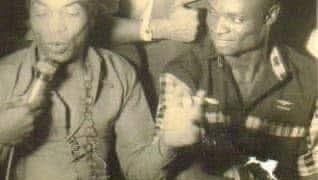
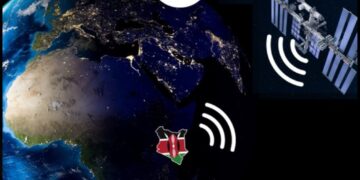
























































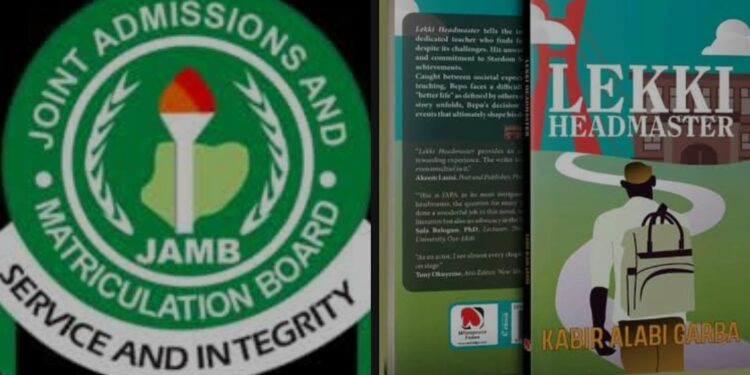





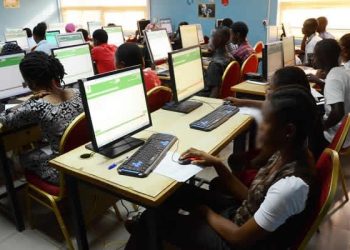
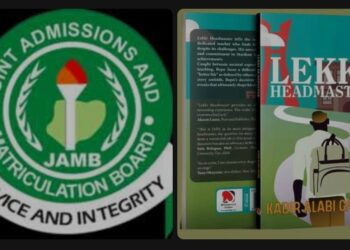










 EduTimes Africa, a product of Education Times Africa, is a magazine publication that aims to lend its support to close the yawning gap in Africa's educational development.
EduTimes Africa, a product of Education Times Africa, is a magazine publication that aims to lend its support to close the yawning gap in Africa's educational development.
Okay please how can I join
Sorry, I don’t really understand the question. How can you join what exactly?
It really nice
Wow
Very glad to hear that you found it useful. Thank you for reaching out. All the best
Thanks for the update
It’s our pleasure entirely. Thanks for reaching out
Kamal
Thanks for reaching out. All the best
Thank you very much sir
You are very welcome. All the best
Thanks sir but I didn’t see the answer to the questions
Thank you for reaching out. The idea to help you to prepare and not to provide you with the answers.
Thanks for the update sir
Our pleasure entirely. Thank you
Thank you very much sir
Your are very welcome. Thanks for reaching out
Good evening Sir
This is wrong There is a difference when art students are given literature questions to attempt and when Science, Technical, and Commercial are given literature questions to attempt
God bless you and thank you for reaching out.
God will continue to help you since you have desire to be of help to me am grateful 🙏🙏
Amen! Thank you so much for reaching out. God bless you
It was good and understoodable and it was improving in some areas of the book in question that is THE LEKKI HEADMASTER
Glad you liked it. Thanks for reaching out. All the best
Good work
Thank you so much for reaching out. Sorry about the late reply
Thank you so much for reaching out. God bless you
plsssssss next time can u also add the answer
Lol…no we cannot and will not provide answers.